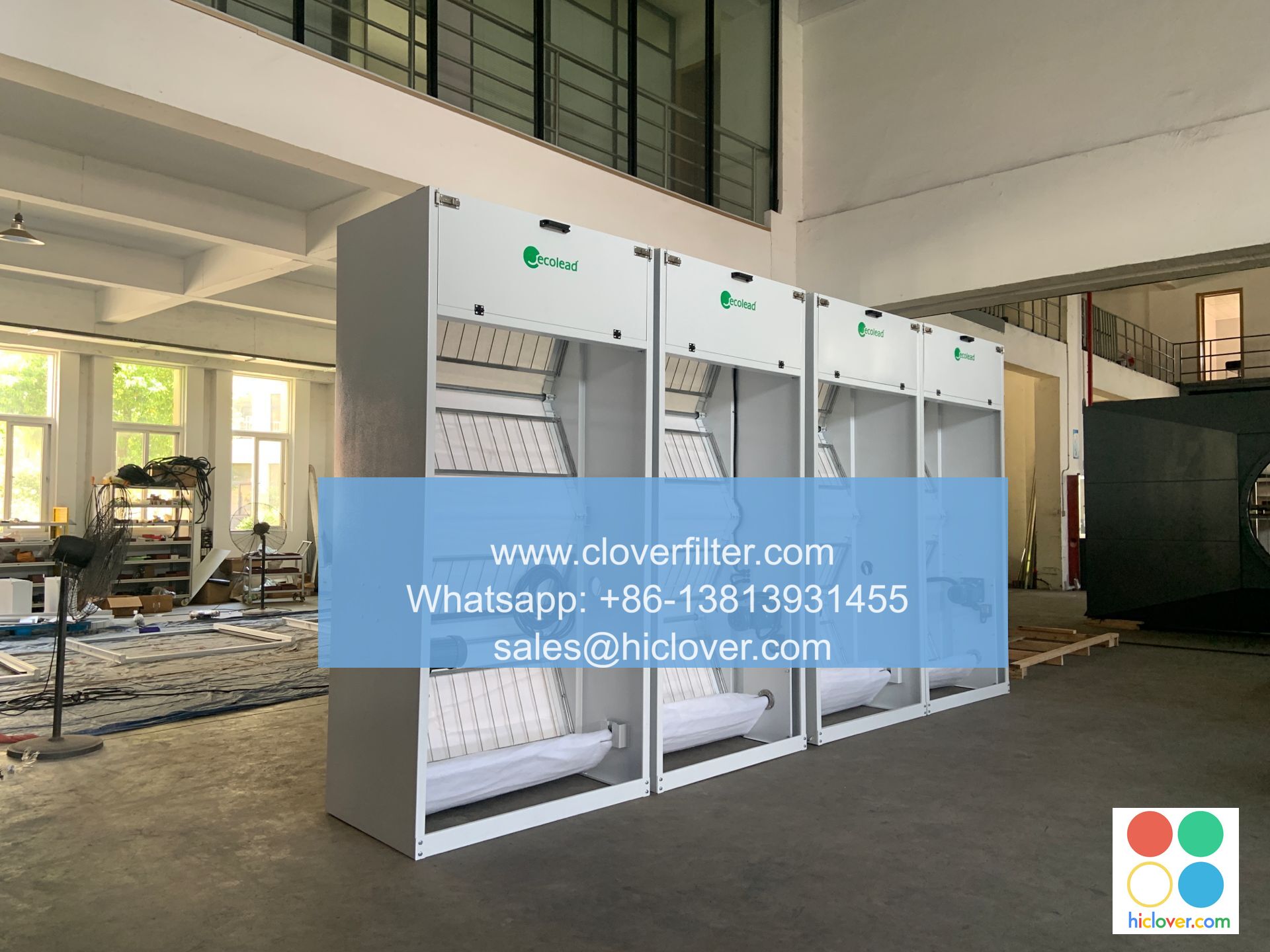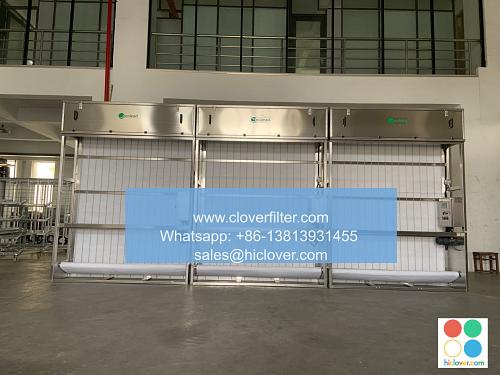The Economic Impact of Vancouver’s Automatic Roll Air Filter Plant on the Local Community

The establishment of an automatic roll air filter plant in Vancouver has been a significant development for the local community. The plant, which manufactures high-quality air filters for various industries, has created a substantial economic impact on the region. In this article, we will explore the various ways in which the plant has affected the local economy and community.
One of the most notable effects of the plant has been the creation of new job opportunities. The facility employs a significant number of people, ranging from production line workers to management staff. These jobs have not only provided a source of income for individuals but have also contributed to the overall growth of the local economy. The plant’s employees have increased the demand for housing, food, and other services in the area, thereby benefiting local businesses.
The plant has also had a positive impact on the local supply chain. As a manufacturer of air filters, the plant requires a range of raw materials, including paper, glue, and other components. The plant’s demand for these materials has created new business opportunities for local suppliers, who have been able to provide the necessary materials and services. This has helped to strengthen the local supply chain and has contributed to the overall competitiveness of the region.
In addition to the direct economic benefits, the plant has also had a positive impact on the local environment. The manufacture of air filters is a relatively clean and environmentally friendly process, and the plant has implemented a range of measures to minimize its environmental footprint. The plant’s products have also helped to improve air quality in the region by providing high-quality air filters to local industries and businesses.
The plant has also contributed to the local economy through the payment of taxes and other levies. As a significant employer and manufacturer, the plant is liable for a range of taxes, including corporate tax, payroll tax, and property tax. These taxes have provided a significant source of revenue for the local government, which has been able to use the funds to invest in local infrastructure and services.
The plant’s presence has also helped to attract other businesses and investments to the region. The existence of a modern and well-equipped manufacturing facility has helped to demonstrate the region’s attractiveness as a location for business and investment. This has helped to promote the region as a hub for manufacturing and industry, and has attracted other companies and investors to the area.
In terms of challenges, the plant has faced some difficulties in recruiting and retaining skilled workers. The plant requires a range of specialized skills, including engineering and technical expertise, and has had to compete with other employers to attract and retain the best talent. However, the plant has been able to address these challenges through the provision of training and development programs, which have helped to upskill existing workers and attract new talent to the region.
Conclusion
In conclusion, the automatic roll air filter plant in Vancouver has had a significant economic impact on the local community. The plant has created new job opportunities, strengthened the local supply chain, and contributed to the local economy through the payment of taxes and other levies. The plant’s presence has also helped to attract other businesses and investments to the region, and has promoted the region as a hub for manufacturing and industry. While there have been some challenges, the plant has been able to address these through the provision of training and development programs. Overall, the plant has been a positive addition to the local economy and community.
Frequently Asked Questions (FAQs)
Q: What is the automatic roll air filter plant, and what does it manufacture?
A: The automatic roll air filter plant is a manufacturing facility that produces high-quality air filters for various industries.
Q: How many jobs has the plant created, and what types of jobs are available?
A: The plant has created a significant number of jobs, ranging from production line workers to management staff. The types of jobs available include production line work, engineering, technical, and management roles.
Q: What has been the impact of the plant on the local supply chain?
A: The plant has had a positive impact on the local supply chain, creating new business opportunities for local suppliers and strengthening the local supply chain.
Q: How has the plant contributed to the local economy?
A: The plant has contributed to the local economy through the creation of new job opportunities, the payment of taxes and other levies, and the attraction of other businesses and investments to the region.
Q: What challenges has the plant faced, and how has it addressed them?
A: The plant has faced challenges in recruiting and retaining skilled workers, but has addressed these challenges through the provision of training and development programs.

